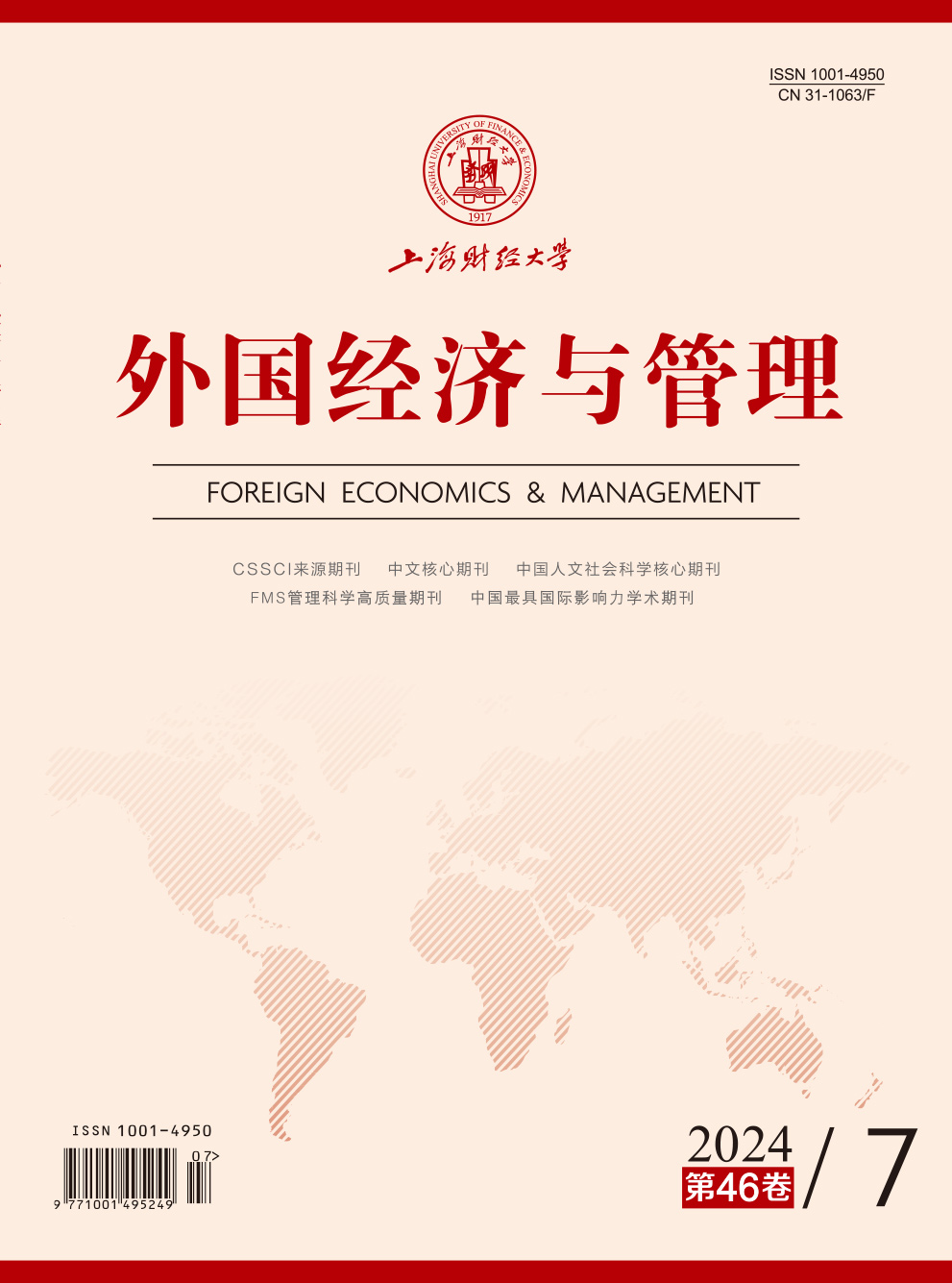This paper targets college students who are users of the “Ant Forest” platform and conducts an online experiment. A checklist-based choice task with 15 green energy collection behaviors was designed, manipulating participants’ selection of a greater or lesser number of green energy collection behaviors. The study obtained 304 valid samples and employed methods such as correlation analysis, independent samples t-test, and structural equation modeling to test the hypotheses. Mean comparison results show that reminders of green energy collection behaviors are effective, as the high green group exhibits significantly stronger psychological ownership and environmental self-perception, and further pro-environmental behavior intentions compared to the low green group. Additionally, structural equation modeling analysis reveals a positive impact of the number of green energy collection behavior choices on various other types of pro-environmental behaviors, confirming the mediating roles of psychological ownership, environmental self-identity, and green efficacy in the spillover process. Furthermore, the study finds that for individuals who have not engaged or have limited engagement in green energy collection, simply reminding them of past green behaviors is not sufficient to trigger their environmental self-perception.
This paper has the following practical implications: First, the strategy of a green behavior checklist can be used to prompt consumers’ self-perception and enhance psychological ownership, thereby promoting specific pro-environmental behaviors. Second, the operating company of “Ant Forest” can guide users to extend their involvement beyond the platform, thereby contributing more funds and social resources to the protection of “Ant Forest” land. Third, environmental organizations can enhance individuals’ environmental self-identity and green efficacy by highlighting the contributions made by “Ant Forest” users, thereby promoting a wider range of environmental behaviors.
The main contributions of this paper are as follows: First, it reveals the spillover effect of digital green behaviors, expanding the scope of research on pro-environmental behavior spillover and providing a new perspective on utilizing the spillover effect of digital green behaviors to promote pro-environmental behaviors. Second, it enriches our understanding of the mechanisms underlying pro-environmental behavior spillover from the dual perspectives of self-perception and psychological ownership. Third, it extends existing methods by applying a novel behavior reminder strategy, providing an effective methodological framework for future research. Fourth, it provides evidence for the positive spillover effect of pro-environmental behaviors based on a sample of Chinese participants.





 2314
2314  2083
2083

